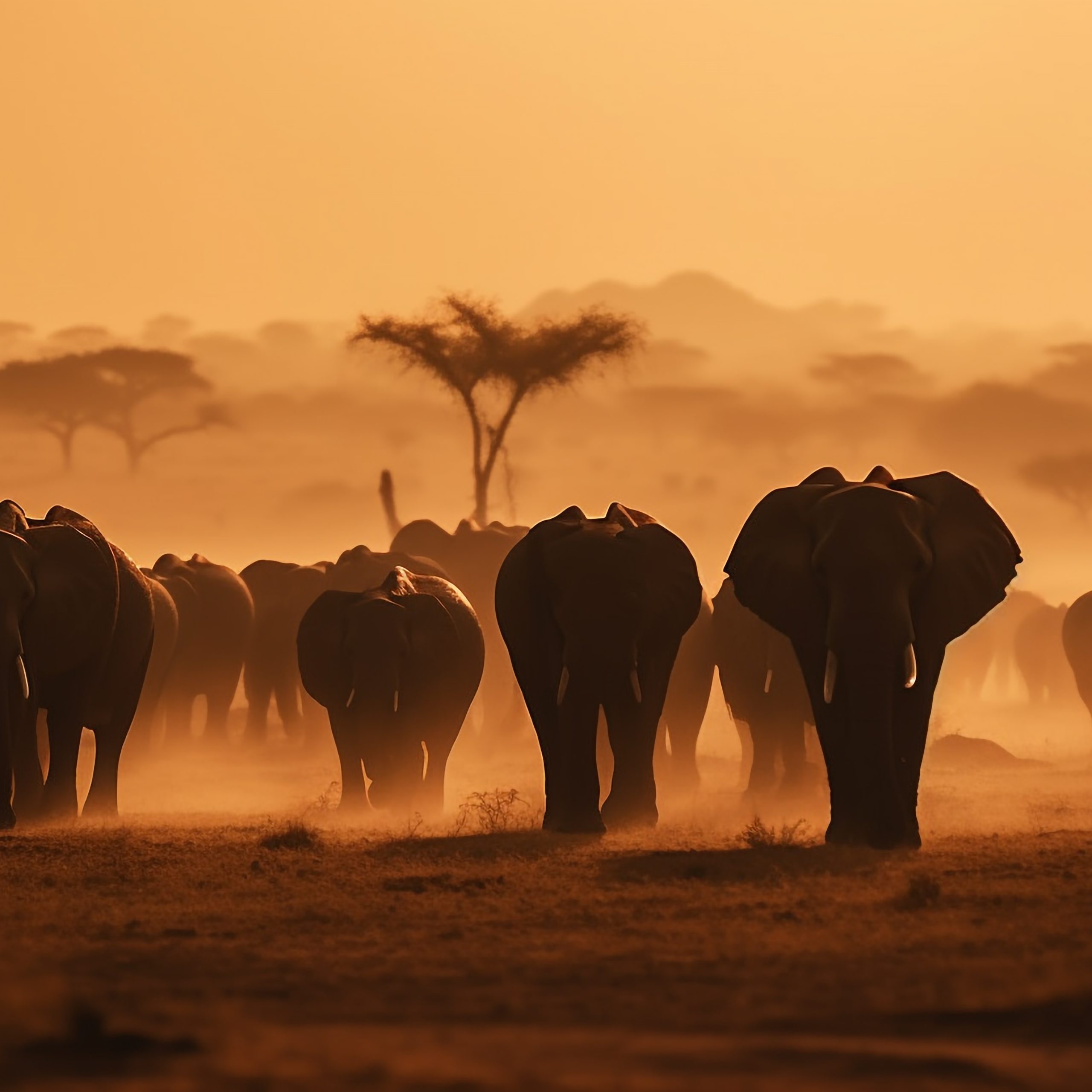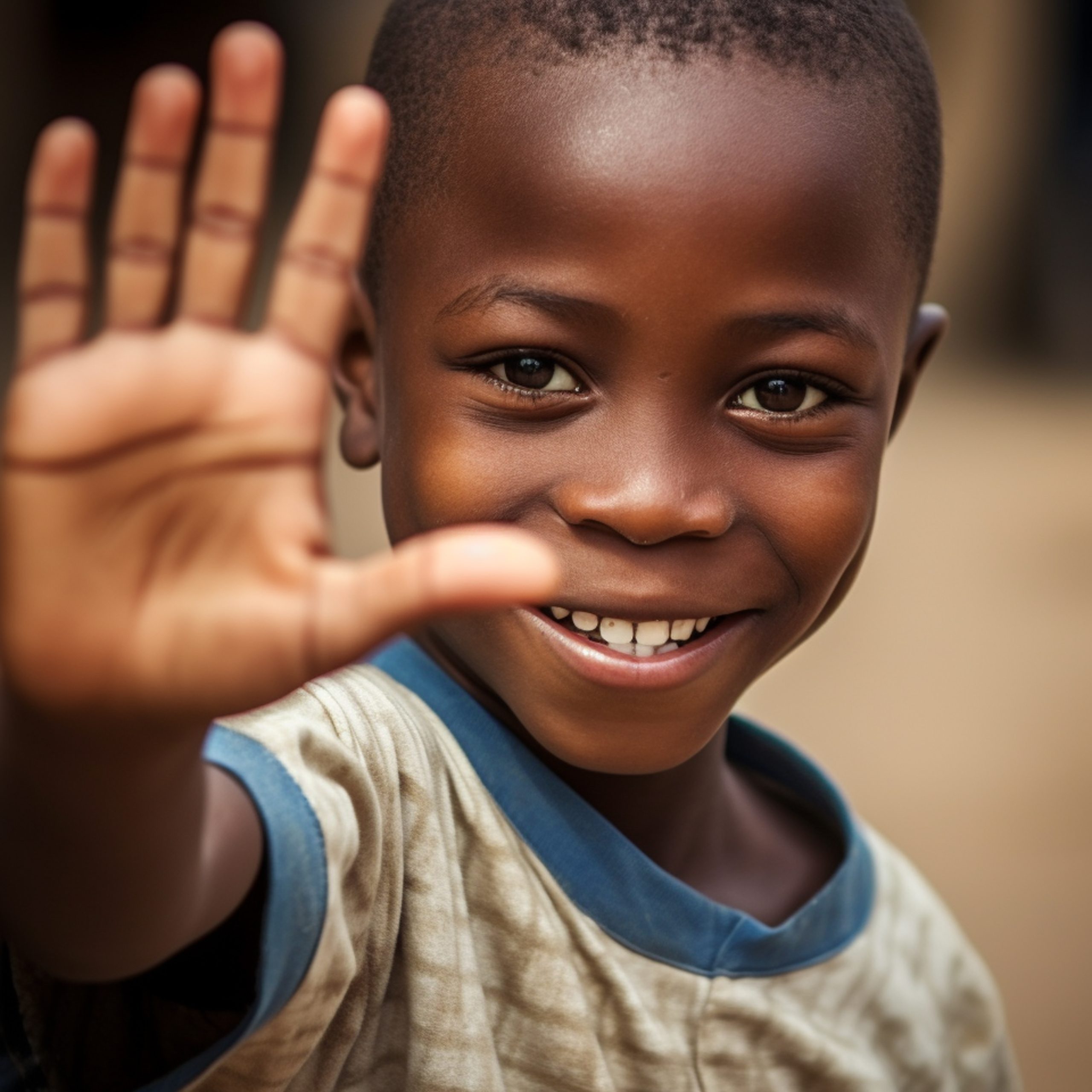ARE THE CONGOLESE NOT A HARD-WORKING NATION? BETWEEN COMPLACENCY AND MISCONCEPTION
By Reagan Baseya Mbungu updated on July 25, 2024
The Congolese are recognized around the world as a spirited, music-loving people with a love of alcohol, a love of fashion, as demonstrated by the sapeurs, and a love of the culinary arts, which unfortunately gives the impression that we’re only good for that, or that we spend all our time concentrating only on what we would describe as trivialities.
We are portrayed as extremely permissive people, who make only the minimum effort and invest very little in what is required of them and on a large scale in their daily work, which would justify our extreme poverty, and the mistreatment suffered by most of our fellow employees.
Sadly, this narrative is usually relayed by our own Congolese brothers, not because they have noticed this lack of motivation, but because they prefer to let this rumour circulate to justify the minimal remuneration they pay their employees and legitimize their continued exploitation.
What are the consequences? We are unmotivated people lacking in work ethic, which is detrimental to us both nationally and internationally. Expatriates and immigrants who settle in the DRC and are ready to invest or hire rarely give the opportunity to Congolese out of mistrust.
The latter prefer to employ their own kind, as we shall see with the Chinese, Indians, Lebanese, Pakistanis, Nigerians and Senegalese who have taken possession of the area and the various markets, and only very rarely employ Congolese in management positions or, more commonly, by those who control the trade market in the DRC. As managers, they only hire Congolese as subordinates, and the Congolese who stand out are placed in strategic positions where they rarely have the opportunity to express their full leadership ability or enjoy their position to the utmost, since the position is merely a façade for a better representation of a more inclusive company.
They hide behind the pretext of empowering the Congolese workforce, whether it be national or international leaders, when the truth is quite the opposite and translates into exploitation, working hours not respected, minimal wages, no benefits, no health insurance coverage as is the case in all existing companies here, no concern for mental health – on the contrary, these employers become the instigators of these ills with constant anxiety, outlandish demands and insulting treatment.
The saddest thing is to notice that Congolese leaders or employers only rely on a team, a committee or foreign consultants, whereas the country abounds in capable and educated individuals ,who could carry out various projects in different spheres.
Mistreatment and lack of consideration intensified
This poor narrative has had disastrous effects on Congolese workers, since it has created a lack of confidence in them and a climate in which they always have to prove themselves above and beyond the call of duty, putting them in a weak position when it comes to asking for a decent job, or expect to be treated abnormally, on the pretext that everyone should be happy to have a job or to receive whatever comes their way because, as we often hear, “everyone is replaceable and thousands or even millions would dream of being in that position for much less”, which is unfortunately the case.
With this kind of psychological pressure accentuated by the reality of a population who are extremely hungry and would do anything to make ends meet, it opens the door to abusive exploitation. The sad fact is that this has created a feeling of inferiority within our nation, which makes Congolese workers feel lucky to be able to do work that sometimes falls short of their abilities, their studies, their true honorary value, or simply to put up with and comply with being belittled in return for remuneration.
This notion of exacerbated laxity enables foreigners from countries where respect for the worker is valued, and even punished if not respected, to completely change their mentality and adapt to what is instilled in them by Congolese employers, who in turn start exploiting, or worse, mistreating Congolese workers.
This negative reputation follows our Congolese brothers and sisters not only on Congolese soil, but also outside the country. The proof is in the various scandals that have erupted in the mining concessions operated by the Chinese, the first example being the leaked videos showing the ill-treatment suffered by the Congolese. Between poor pay, overexploitation and humiliation, “their working conditions are very bad”, and some are beaten or whipped for poor performance, as was the case for the defendants Tang Lutiang, Tang Zuen Long and Lin Fuang of the Chinese company Commus SAS, who were sentenced to 4 months in prison for having been filmed ordering two FARDC soldiers to whip two artisanal diggers in their concessions.
This is just one of many cases where the Congolese choose to look the other way, or are covered up by high-ranking authorities, or simply fail to denounce, fearing the risk of dismissal. It’s important to understand one important fact for every reader of these lines: the job market is horrible for the Congolese, with an average poverty rate of 80% and an unemployment rate of 84%, as declared by ANAPI.
With such alarming statistics, our Congolese brothers have to put up sometimes with deep-seated racism, because one thing is certain: “Congolese workers are used but despised”, as was the case in India, where several young men have lost their lives in the last ten years, causing a panoply of resurgence and reprisals by young Congolese against Indian shopkeepers living in Kinshasa, for example. More sordid cases are to be found in Lebanon, where African domestic servants, including Congolese, are confined, beaten, even raped or trained to become sex slaves.
But what about our compatriot employers? As mentioned above, they use this tactic as a pretext for gaining the upper hand over their employees or jobseekers, in order to establish a psychological manipulation that results in dependency, leading to moral, physical and financial abuse. Under the pretext that no Congolese should ever be trusted, very few of them sign a permanent contract, or at least only a trial period or internship contract, without ever giving them a contract that protects them indefinitely. Between promises and misleading speeches, any trick is good for continued overexploitation without running any risk of being punished for breach of trust.
In view of all these factors, which in no way guarantee a peaceful working life for Congolese workers, can we justify this narrative today?
Changing our narrative for the better
I would say no, because in a truly poor nation, it can be said that the conditions made available inspires no confidence and motivation to be able to make every Congolese willing to give his or her best to exploit their potential.
How can we say that we’re a lazy people when all over the country we see women entrepreneurs with the few means at their disposal to provide for their families, whether through fishing, small-scale farming, street vendors of doughnuts, water, bread, cassava, market gardeners, fruit sellers, loincloth sellers etc., These brave women become fighting women every day by the sweat of their brow, especially when most of them are single women or widows.
Congolese youth strive, despite the constraints, to obtain a diploma, even in the face of a difficult job market, to create a wave of multi-sector entrepreneurship in order to get by and restore the image and development of our country, to create jobs which in turn will lift hundreds or even thousands of people out of unemployment. We see them innovating in technology, art, music, politics, commerce, agriculture, sport, striving to evolve in the mining, banking and health sectors.
With substantial support from our government, they could demonstrate their cognitive excellence, as the “leopards juridiques ” have done on the international stage.
DRC has a large population surviving on just one dollar a day., Here the men in the capital city roam the streets every day, some long before sunrise, returning home late, as street vendors selling water, handkerchiefs and juice, working as laborers in construction, factories and mining concessions, devoting themselves to trades that some consider undignified, just to get to the next day?
So, to answer the general question or hypotheses, the Congolese people are thirsty for work, with an unfailing resilience, even with a Smic (minimum wage authorized by law) set at $70 per month, despite suffering, lack of opportunity, unemployment, corruption and lack of job creation, , these people never cease to find a way to work hard to get by, and more importantly to ensure greatness for their dignity, their family and their country, which is brimming with patriotism and continues to grow slowly but surely in full development.
Our country is full of talented, motivated people who just don’t have the chance to demonstrate their abilities to the full. Just a reminder: a chance granted is a way of discovering personalities who could amaze you and help you achieve great things, sometimes beyond your expectations.
As in every country, there may be lazy people, but this should not be a generality associated with the Congolese based on assumptions, because with the right opportunities, leaders who are not focused on exploitation but rather on the personal and professional development of their employees, of their youth who have so much to offer like a mentality of steel and a respect for their daily bread, you will see that like a polished diamond, the world could see abilities and attributions, work ethics shine brightly in every corner of the globe and much more.



